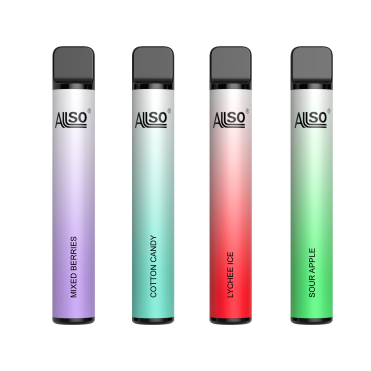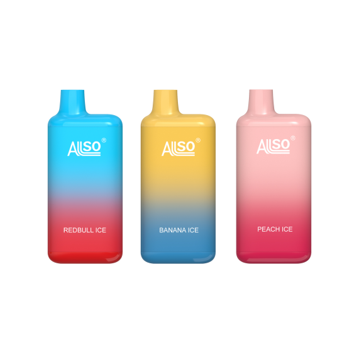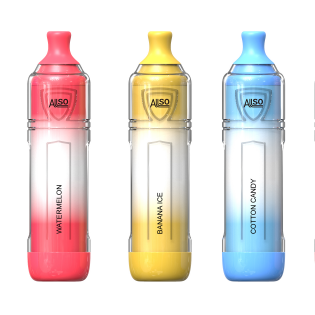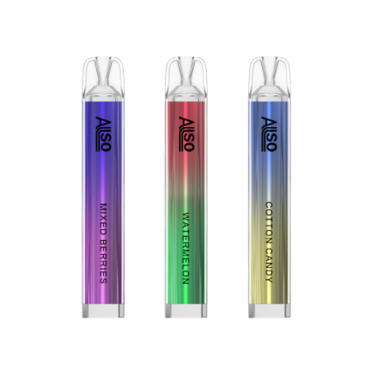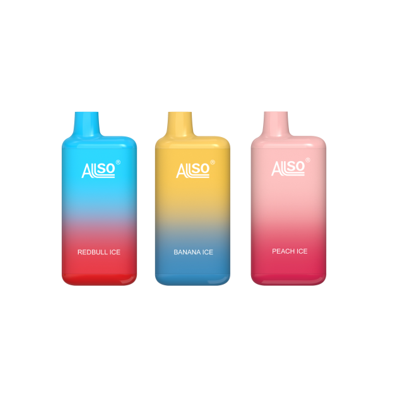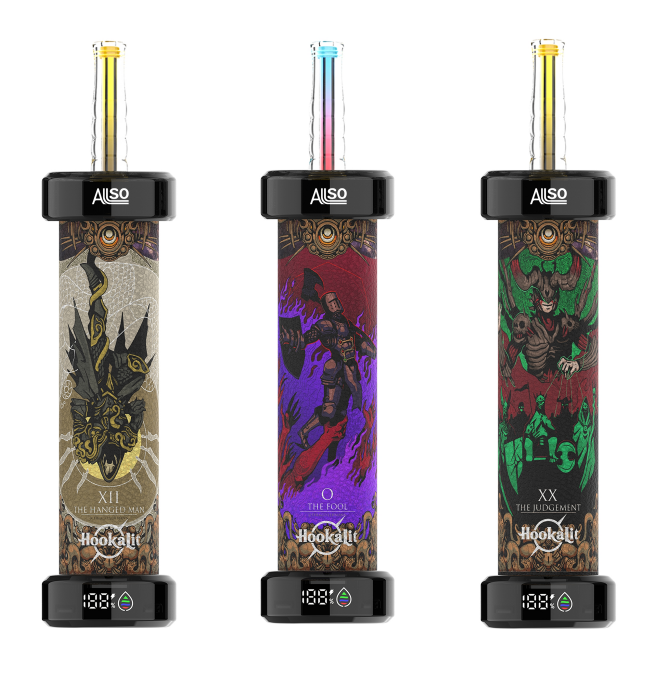Industry News
Six Reasons to Choose Nicotine Free Disposable Vape
One of the best parts of vapes is the ability to choose your own nicotine strength. And that includes zero nicotine as an option too! Although some vapers don’t understand why someone would want to vape without nicotine, there are several reasons why people choose non-nicotine vapes. Plenty of vape......
Read MoreColumbus Flavored E-cigarette and Tobacco Will be Banned in 2024
The Columbus, Ohio City Council voted Monday to prohibit sales of flavored vaping products and tobacco, making it one of just a few major cities between the east and west coasts to do so. The flavor ban passed unanimously (7-0), despite strong opposition from vaping businesses and other local retail......
Read MoreE-cigarette Tax Revenue in Some Countries
Taxes on specific products—usually called excise taxes—are applied for various reasons: to raise money for the taxing authority, to change the behavior of those being taxed, and to offset environmental, medical, and infrastructure costs created by the use of products. Examples include taxing alcohol......
Read MoreNetherlands Flavored Vaping Products Will Be Banned in July 2023
Following a brief public consultation, the Dutch government has announced it will carry out its plan to prohibit vaping flavors other than tobacco, although the final deadline has been postponed for the second time. The new rules specify a very limited list of allowed ingredients. The rule will a......
Read MoreE-cigarette in EU Countries Will be Levy Tax by European Commission
The European Commission plans to impose a minimum excise tax on vaping products for all European Union member states. The new tax would be part of the revised Tobacco Excise Directive (TED), which could also include a doubling of the minimum tax on cigarettes and the first tax on heated tobacco prod......
Read MoreEurope Proposes Ban on Flavored Vapes
European Union lawmakers are proposing to ban flavored heated tobacco products — a category that covers vaping — in a move they say is intended to protect the health of young people after a “significant” rise in sales of novel heated tobacco products.The EU has set itself a goal of creating a ‘tobac......
Read More



















































